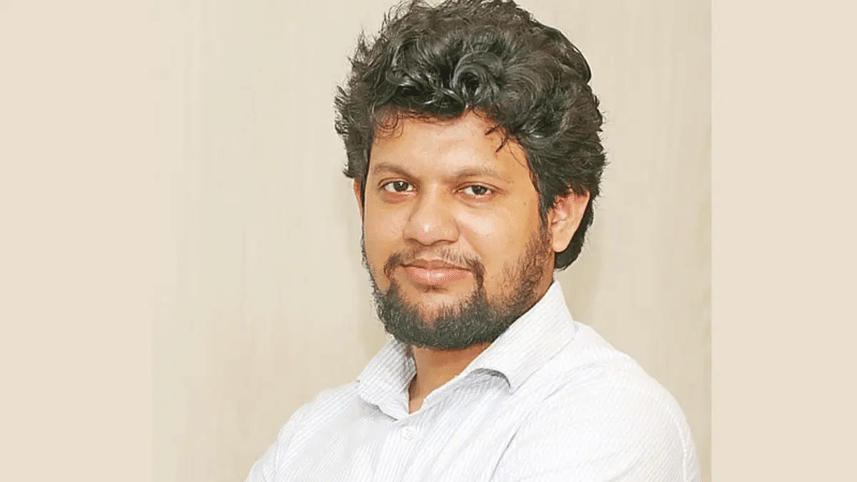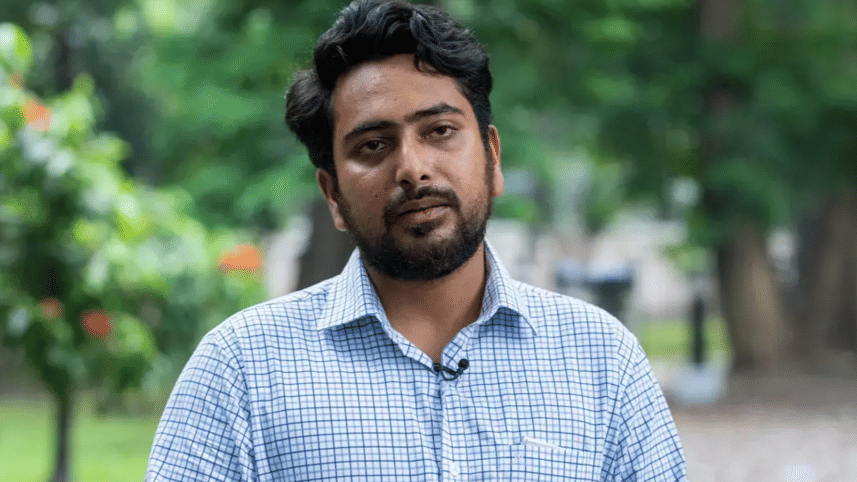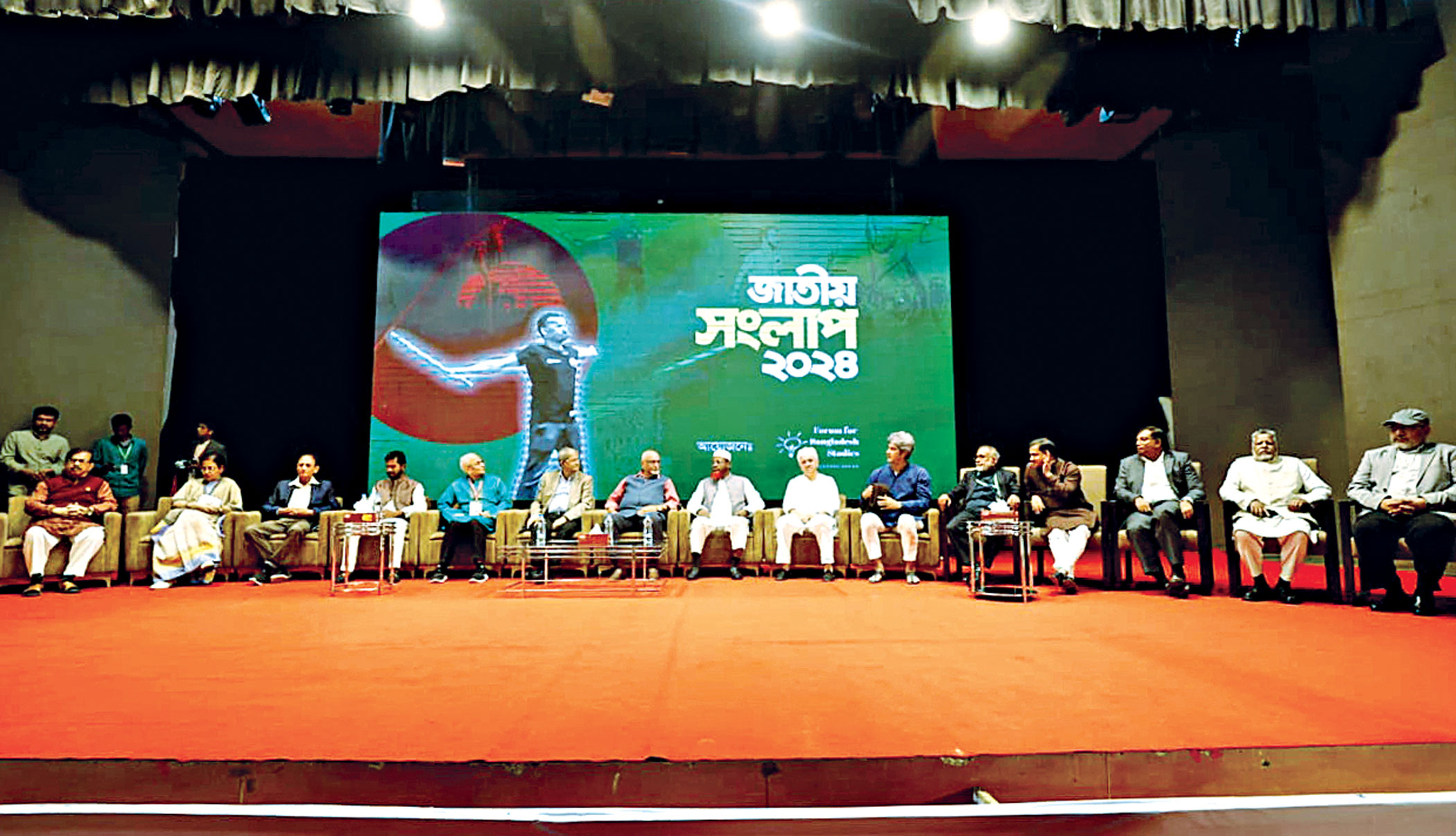Govt to consult with all parties before reforms

The foundation of the state relies on its institutions. Without robust institutions, the unity of the state is meaningless. If we cannot reform institutions like the Election Commission to serve the people, our efforts will be futile.
The interim government will not make unilateral decisions on the reform commissions' reports but will finalise decisions through consultations with all political parties, said Adviser Mahfuj Alam yesterday.
"We have been engaging in consistent discussions with political parties. Once the commissions begin presenting their proposals, which we expect from January, broader consultations will occur involving all stakeholders," Mahfuj said at the concluding session of a dialogue organised by the Forum for Bangladesh Studies at Krishibid Institution Bangladesh in Dhaka.
He explained that the consultations would determine the extent of feasible reforms.
Mahfuj said reforms proposed by the political parties' had been largely integrated into the government's initiatives. "The political parties must now sit with us to finalise what reforms are achievable and necessary."
He emphasised the importance of strengthening state institutions. "The foundation of the state relies on its institutions. Without robust institutions, the unity of the state is meaningless. If we cannot reform institutions like the Election Commission to serve the people, our efforts will be futile."
The adviser stressed that reforms must be consensual.
"We need agreement on how much reform is possible and whether a legal framework can ensure that future governments continue these initiatives. Political parties must commit to upholding reforms when in power."

The absence of a democratic transition process led to the recent popular uprising that ousted the previous government. People have shed blood repeatedly, yet this issue remains unresolved.
Meanwhile, Nahid Islam, adviser to the information and ICT ministries, underscored the need for democratic power transitions to prevent the recurrence of political unrest.
"The absence of a democratic transition process led to the recent popular uprising that ousted the previous government. The people of Bangladesh have shed blood repeatedly, yet this issue remains unresolved."
He called for a framework to institutionalise peaceful and democratic power transitions.
"Our primary agenda is to prevent the return of vindictive politics. This must be addressed before the elections."
Responding to a query about the government's performance, Nahid said, "The public or those outside power can judge better. We are working within limitations, seeking assistance to advance our goals."
Nahid criticised the bureaucracy's misuse under previous governments.
"Bureaucrats gained undue power under the past regime, which was used to establish fascism. This legacy challenges our administrative effectiveness."
He commended the unity achieved during the mass uprising, saying, "This national unity persists on key issues."
He also called for embedding the essence of the July uprising into a new constitution, warning of future disruptions if this is not achieved.
On foreign policy, Nahid stressed the need for consistency.
"Bangladesh's foreign policy has historically shifted with changes in government. We need consensus on economic and trade policies to secure the nation's future."
At the event, Nagorik Oikya Convener Mahmudur Rahman Manna dismissed debates over "reforms first or elections first" as irrelevant.
"Reforms will always be ongoing, but an interim government is temporary. The focus must be on conducting a free and fair election."
Amar Bangladesh Party Member Secretary Mojibur Rahman Monju said they aim to build a "New Bangladesh" with the help of the youth.
Private University Students Alliance representative Tanjil Mahmud called for engaging students in the reform process.
Supreme Court lawyer Dilruba Shormin urged unity, invoking the sacrifices of the uprising's martyrs.
Gono Odhikar Parishad's Rashed Khan, Jamaat-e-Islami's Hamidur Rahman Azad, Chattogram Hill Tracts representative Ilira Dewan, BNP's Mahidi Amin, and others echoed the need for reform and consensus.
Political scientist Navine Murshid stressed institutional accountability to ensure sustainable change.
The dialogue concluded with a consensus on the importance of inclusive reforms to strengthen democratic governance and national institutions.



 For all latest news, follow The Daily Star's Google News channel.
For all latest news, follow The Daily Star's Google News channel. 
Comments